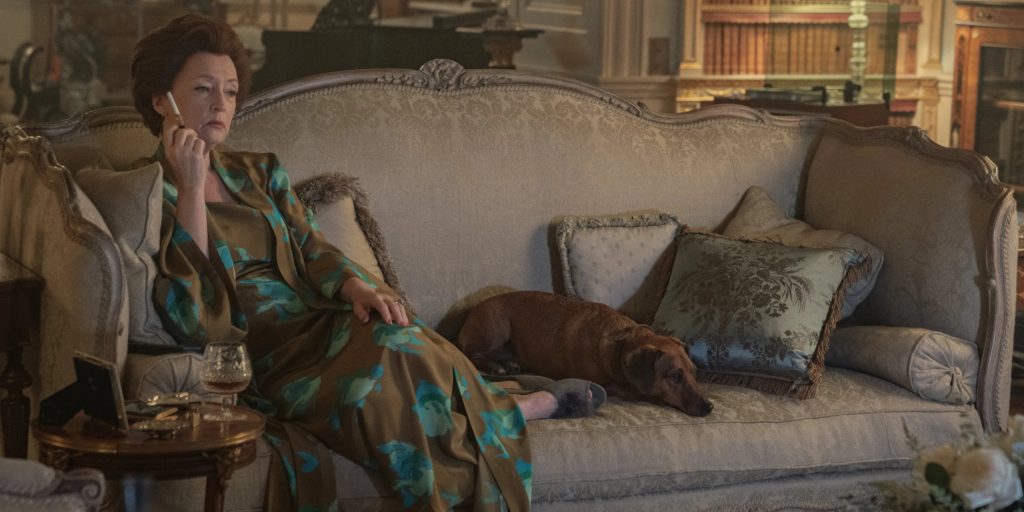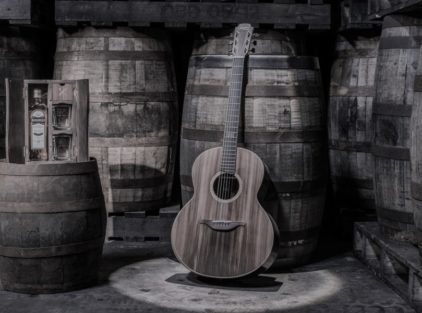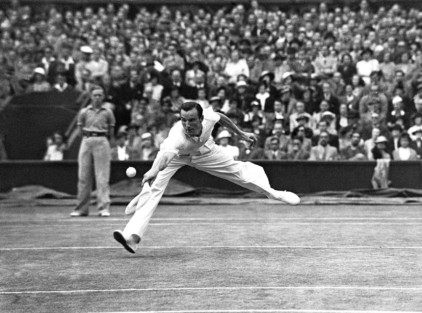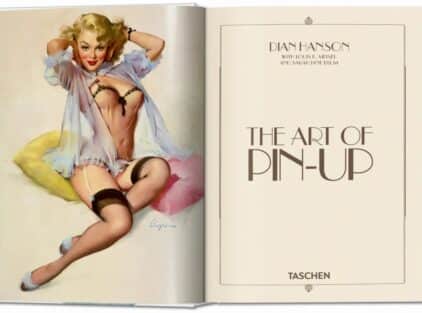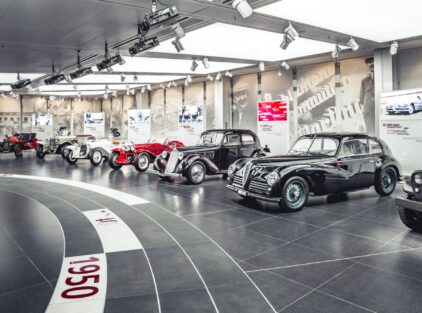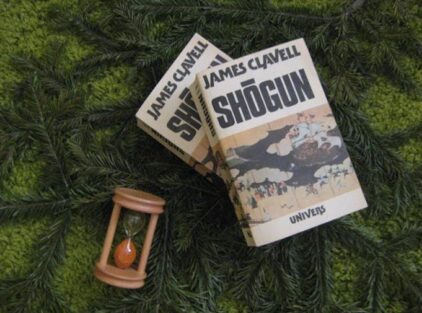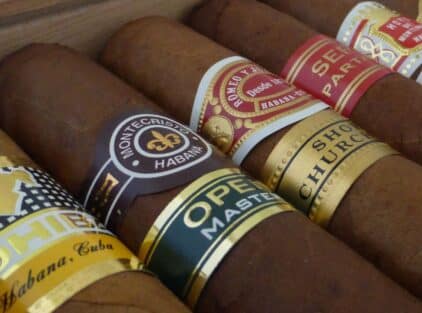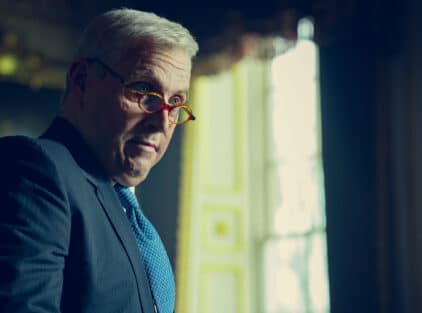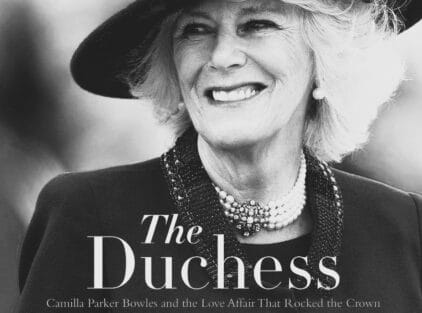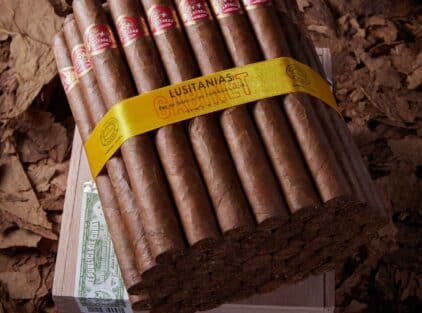by Christos Zampounis
If there is one nightmare for every writer who writes a book, for every painter who paints a painting, or for an actor who performs in a play, it is none other than public indifference. The same applies to most other categories of professions that live and breathe for the recognition of their contemporaries, the royal family of England not excluded.
I read the reactions and reviews, here and there in the Atlantic – the most documented is probably that of “Town & Country” – and I realize that whatever the position is towards the 5th cycle of the TV series “The Crown”, that the interest remains unabated. Agreed, this particular cycle unfolds in a period (1991-1997) full of scandals and a year that the Queen herself called an annus horribilis (a disastrous year). Who doesn’t remember the Charles-Diana war through interviews and books? Who doesn’t remember the topless Duchess of York being groped by a man who wasn’t her husband? Princess Anne’s divorce in a family whose vocabulary starting with D (Divorce) was unthinkable? The fire at Windsor Tower, or Dodi, the son of the Egyptian tycoon and owner of “Harrods” Mohamed Al Fayed, whose paparazzi hunt took him and his lover the Princess of Wales to their deaths?
Royalists may rightly cringe at certain dialogues and situations, such as the contrived dialogue between Charles and Prime Minister John Major, which the latter was quick to categorically deny and referred to the then heir apparent expectation to replace his mother. The regents will have multiple opportunities to load their quiver with arrows against the antiquated and useless institution. “De gustibus et de coloribus non disputam est”. “At each one’s taste”. Hundreds of millions of Netflix subscribers will put back on the hard drive of their minds a family and an institution that, if nothing else, continues to fascinate. And televised.




